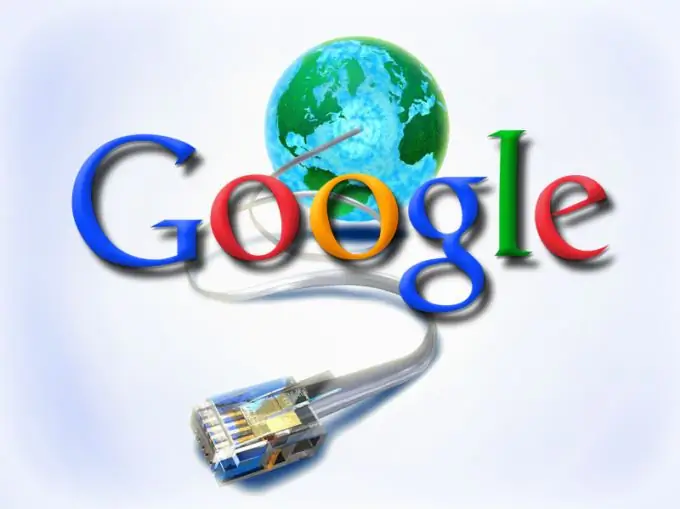- Author Lauren Nevill nevill@internetdaybook.com.
- Public 2023-12-16 18:48.
- Last modified 2025-01-23 15:15.
Google is now also an Internet Service Provider. On July 26, 2012, in the North American city of Kansas City, the presentation of the ultra-fast broadband network The Google Fiber took place, on the creation of which the company worked for about two years. It is noteworthy that the creators of the network even provided a free option for their future customers.

Perhaps, few people refuse to have the Internet at home with a data transfer rate of one gigabit per second. High-quality video can be watched without waiting for the end of the buffering process. And transferring and downloading large files will take only a few moments. And in general, such speeds will open horizons that users have only dreamed of until now.
It is these fantastic opportunities that The Google Fiber network will provide to its customers - home Internet and cable TV "in one bottle" - or rather at one end of a broadband cable for a single subscription. Moreover, residents of Kansas City will be able to use The Google Fiber in September 2012. While the subscription is underway. They are offered three tariff plans to choose from.
1. Superfast home internet and television. Standard package costs $ 120 per month. If the client wants to connect some additional TV channels that are not included in the standard TV broadcasting list, they will also have to pay extra for them. There is no connection fee; moreover, the company will provide the client with a free tablet to control traffic.
2. Superfast home internet without TV. Cost - $ 70 per month. You will not have to bear additional costs either.
3. Free broadband home internet. The connection speed will be lower - 5 Mbps. In addition, you have to pay for the connection.
How soon residents of other cities will be able to join The Google Fiber is not yet known. Ironically, the United States lags behind other developed countries in terms of home broadband internet accessibility. So such an initiative of Google received praise at the highest level - from the head of the US Federal Communications Commission Julius Genachowski. He, like the vice-president of Google itself, Milo Medin, noted that the transition in Internet speeds from megabits to gigabits opens up the broadest prospects for innovation in the fields of science, education, medicine and business.






